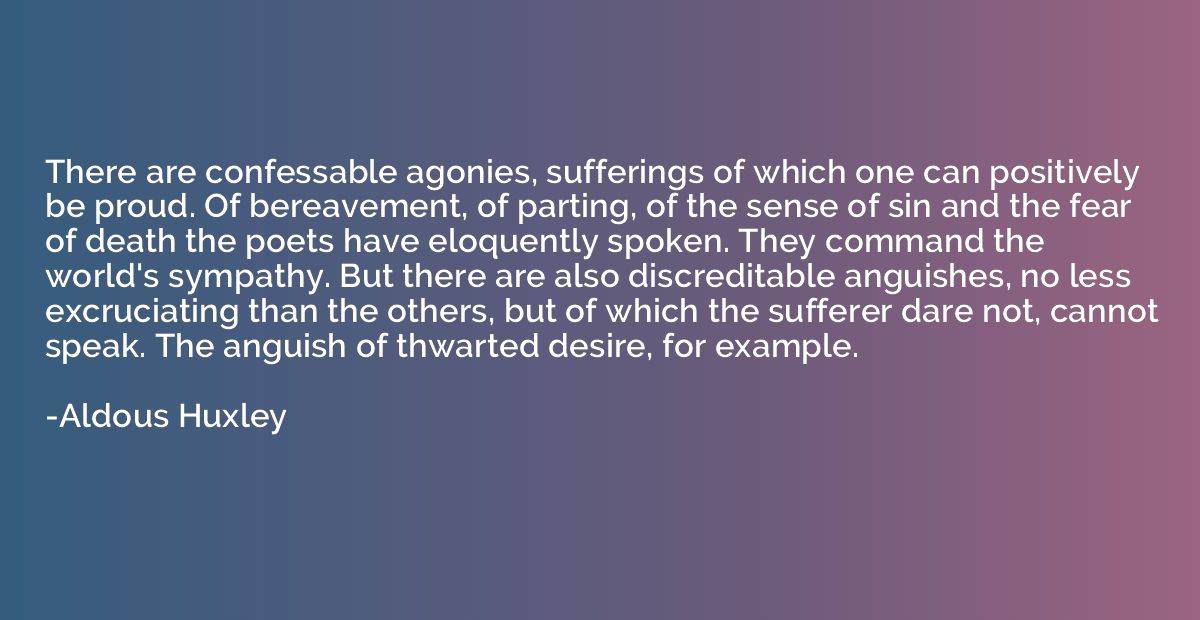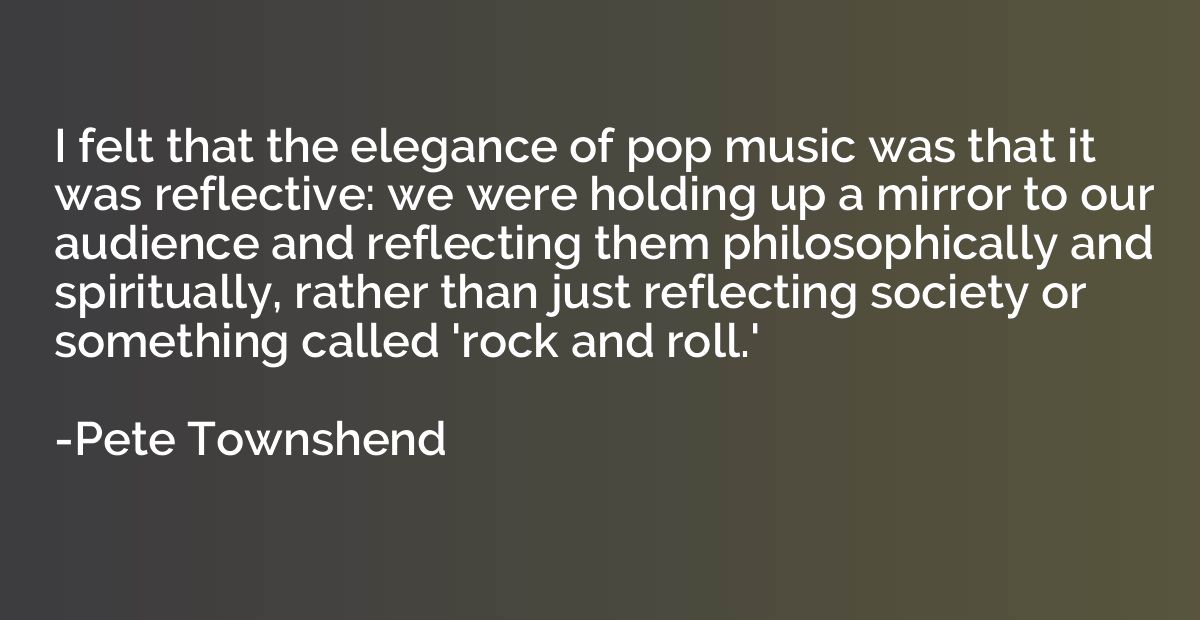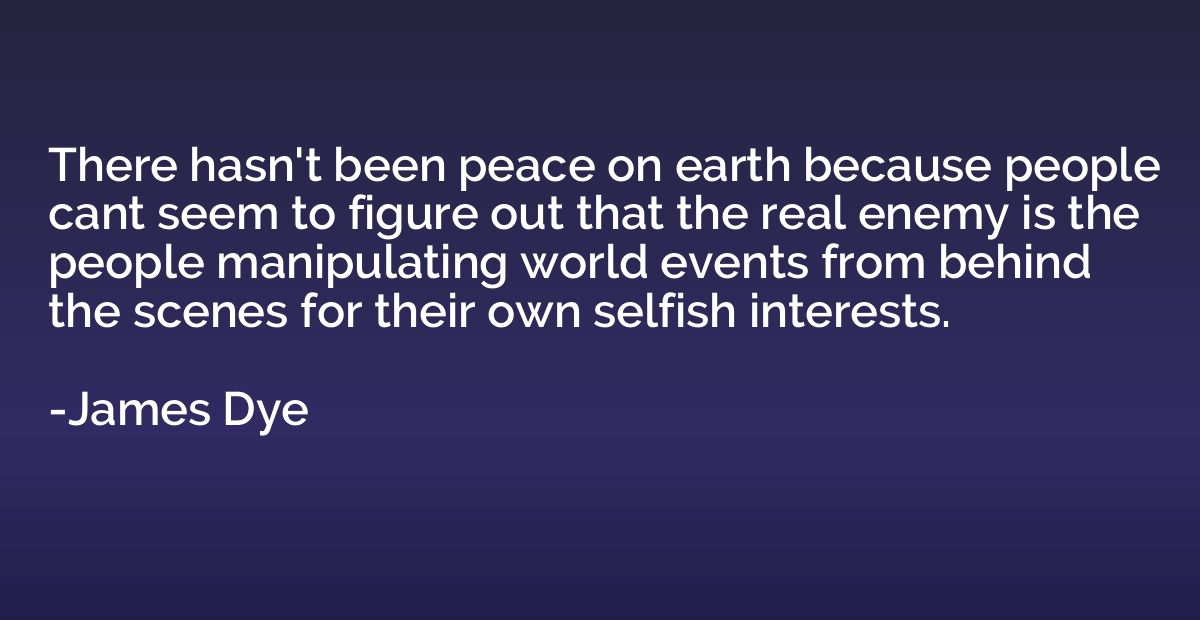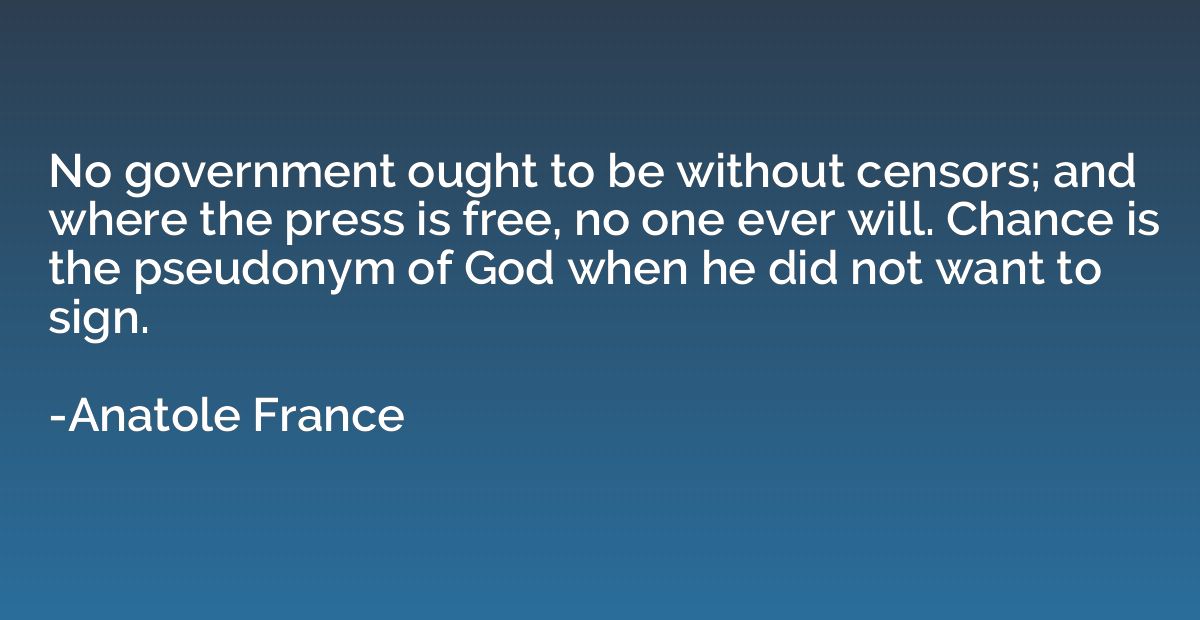Quote by Aldous Huxley
There are confessable agonies, sufferings of which one can positively be proud. Of bereavement, of parting, of the sense of sin and the fear of death the poets have eloquently spoken. They command the world's sympathy. But there are also discreditable anguishes, no less excruciating than the others, but of which the sufferer dare not, cannot speak. The anguish of thwarted desire, for example.

Summary
This quote alludes to the existence of two types of suffering: the kind that society recognizes and empathizes with, and the kind that is deemed shameful and remains unspoken. It points out that there are agonies like grief, separation, guilt, and fear of death that find validation through artistic expression and social support. However, it suggests that there are also painful emotions, such as unfulfilled desires, which are often considered discreditable and too taboo to voice. This distinction highlights the selective nature of sympathy and emphasizes the internal struggles that individuals may endure in silence.














